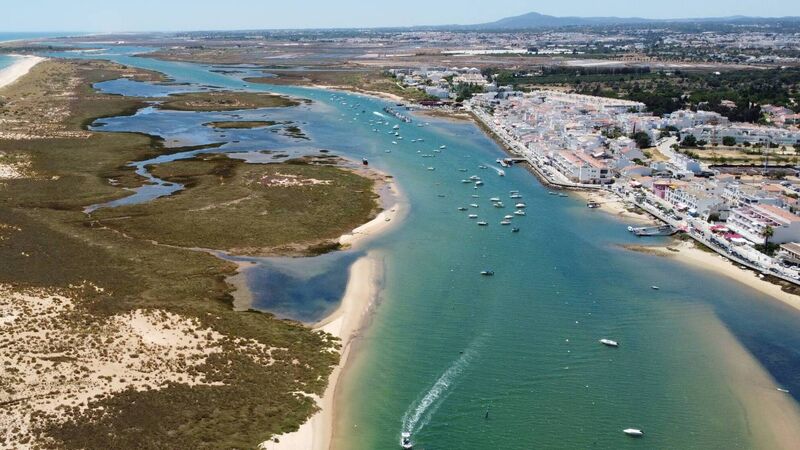Mick Clifford: Michael Lynn’s denial reveals lack of self-awareness

The Celtic Tiger was at full gallop when the All-Ireland football final came around in September 2006.
One arresting advertisement in the match programme had Portuguese soccer star Rui Costa and Mayo footballing legend Willie Joe Padden teaming up to recommend buying property in Portugal.













